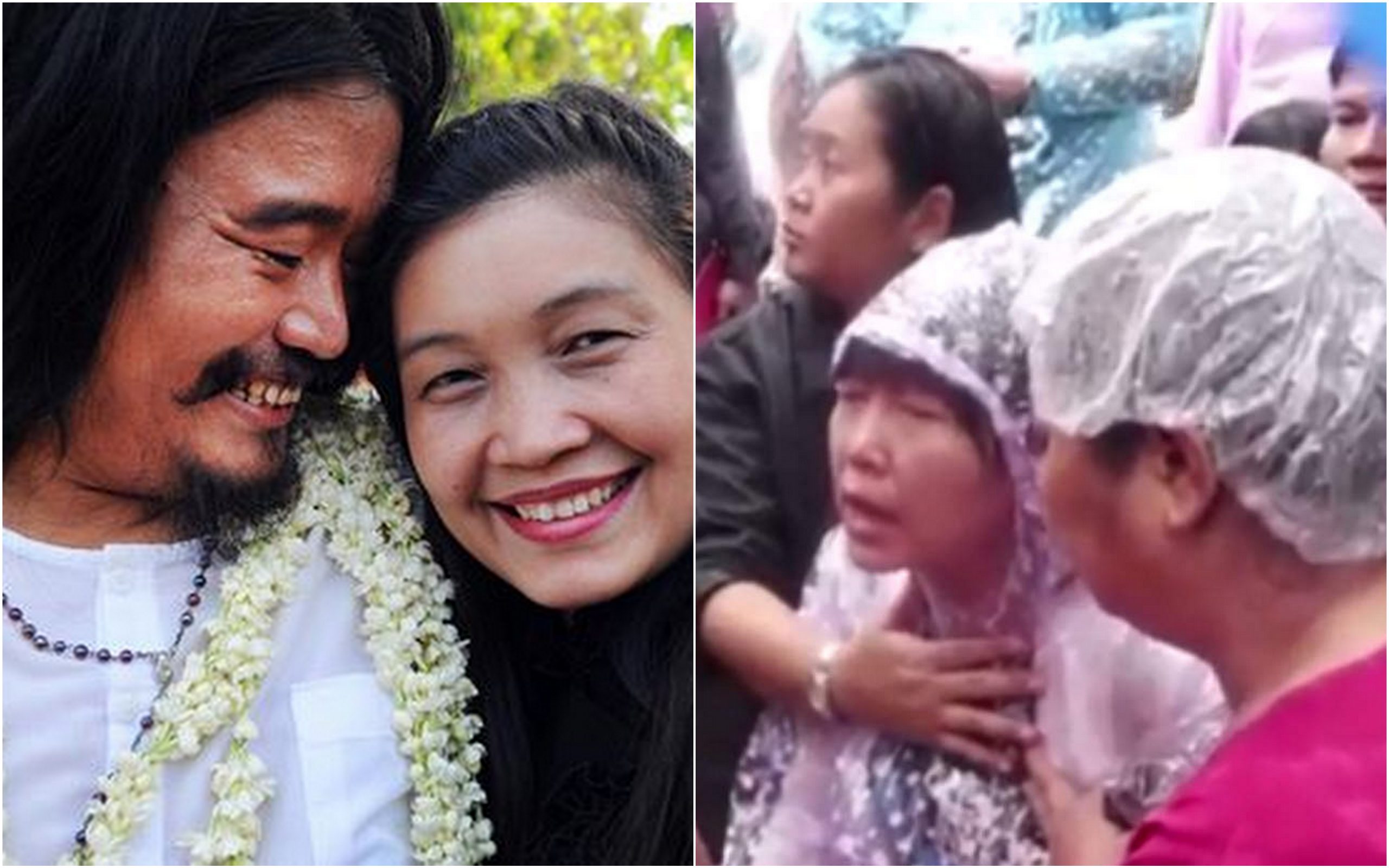A week before last Friday’s mass release of political prisoners, on the day that the National League for Democracy (NLD)-led government of Aung San Suu Kyi officially assumed power, social media in Burma lit up with images that perfectly captured the joy of the occasion. Pictures of Kachin peace activist Patrick Kum Jaa Lee’s reunion with his wife, fellow activist and International Women of Courage Award recipient May Sabe Phyu, went viral as he was freed after serving six months in prison for mocking Burma’s armed forces leader on Facebook.
That scene was just a foretaste of the euphoria that many felt when nearly 200 others were freed last week, in Suu Kyi’s first act as “state counselor” — a role tailor-made to give her greater control over a government that she is constitutionally barred from leading. Indeed, there could hardly have been a better way for her to flex her newfound political muscle than with a gesture aimed at restoring faith in Burma’s justice system.
Sadly, however, the images that have greeted us over the past two weeks tell only part of the story. Some prominent political activists, notably Gambira, a leader of the 2007 Saffron revolution, remain behind bars. And on the same day that Patrick Kum Jaa Lee was released, another story went barely noticed by Burma’s media — the news that police in Mon State had closed an investigation into their handling of the Par Gyi case.
A year and a half after Par Gyi, a reporter and Suu Kyi’s onetime bodyguard, was brutally murdered in army custody in late 2014, the case against those who committed this vicious crime seems almost as dead and buried as the tortured body of their victim.
Unlike the release of prisoners, there was never any chance that the pursuit of justice in this case would end in a joyful reunion. The loss is permanent, as no one who has ever seen the look of grief on the face of Par Gyi’s widow, NLD MP Ma Thandar, as her husband’s remains were exhumed will ever be able to forget. But just because the damage cannot be undone doesn’t mean that we shouldn’t continue insisting that justice must be done, in this case and many others like it.
As things stand, however, the chances of that happening are slim. While much of the criticism of Burma’s 2008 Constitution has focused on the political powers it leaves in the hands of the armed forces, including its 25 percent share of seats in parliament and control over key ministries, far less has been said about the fact that the military-drafted charter makes it virtually impossible to prosecute army personnel for serious crimes, because the army’s long-held impunity is now enshrined as constitutionally-sanctioned immunity.
With very few exceptions, Burmese soldiers, especially those of higher rank, are a law unto themselves, answerable only to their superiors. If Suu Kyi is serious about achieving her oft-stated goal of restoring rule of law, this must change.
During its decades in the political wilderness as the leading force of the democratic opposition, the NLD experienced more than its fair share of persecution at the hands of Burma’s former military rulers, including an attempt on the lives of its leaders. If it is reluctant to address these issues now, it is because it is rightly focused more on the future than on the past — and knows how quickly the generals could assume “emergency powers” if they felt sufficiently threatened.
[related]
But for Burma to continue moving forward, at some point it is going to have to take a long, hard look at a part of its recent history that some would rather forget. Doing otherwise would only entrench the deep divide that already exists between those who must abide by the law and those who are above it.
Reopening the case against Par Gyi’s murderers would be a major step towards demonstrating that the law applies to all. It would also show that the upbeat mood of the present moment is more than just a fleeting flash of optimism in a country hungry for hope. Unless the people of Burma get the justice that they deserve, the promise of democracy and development will remain little more than an empty dream.



